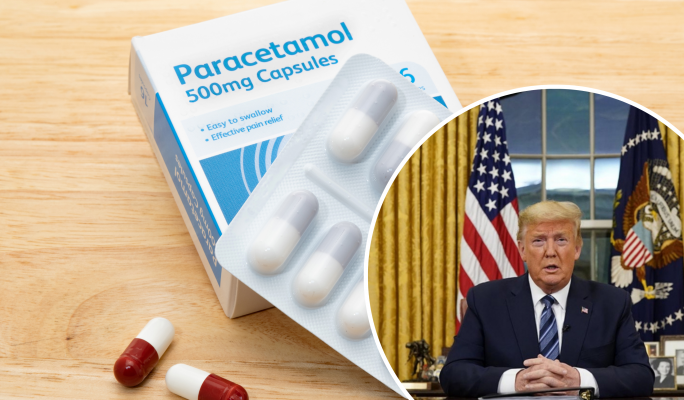The Autism Advisory Council (AAC) has urged caution regarding the US Food and Drug Administration (FDA) which is seemingly linking paracetamol to autism.
On Monday, US President Donald Trump said that doctors will soon be advised not to prescribe Tylenol, the brand name for paracetamol in the US.
Trump’s claims were disputed by medical experts, health officials, and doctors who insisted that studies show no clear link between the use of the painkiller among pregnant women and autism.
In Malta, the AAC stressed that while different studies have been cited, there is currently nothing in those studies that proves direct causation.
They insisted that the fact that some women took paracetamol during pregnancy and their children were eventually diagnosed with autism does not establish a direct link, unless the supporting data demonstrates this outcome “regularly and consistently”.
The AAC pointed to a Harvard/Mount Sinai review that examined 46 studies related to this issue. The review concluded that the results were so inconsistent that researchers were unable to perform a wide analysis. Out of the 46 studies reviewed, only 27 showed “some kind of association.”
The council added that the lead author of the review explicitly stated that the research “cannot answer the question about causation”. This type of association was compared to the phenomenon of both ice cream sales and crime increasing in the summer.
The AAC reminded that the European Medicines Agency (EMA) also confirmed its earlier official guidance on the use of paracetamol during pregnancy remains unchanged.
The council warned that presenting such theories as fact is “unprofessional and unfair,” especially when directed at pregnant women. They added that such claims risk racking others with guilt, leading them to believe that their child’s autism is the direct result of having taken a painkiller during pregnancy.
The Autism Advisory Council also drew attention to the recommendation of giving children the supplement leucovorin. Currently, leucovorin is only administered to chemotherapy patients in Malta.
The AAC explained that while some research has suggested a possible association to improving speech in minimally verbal children, these results are still considered “early and anecdotal”.
